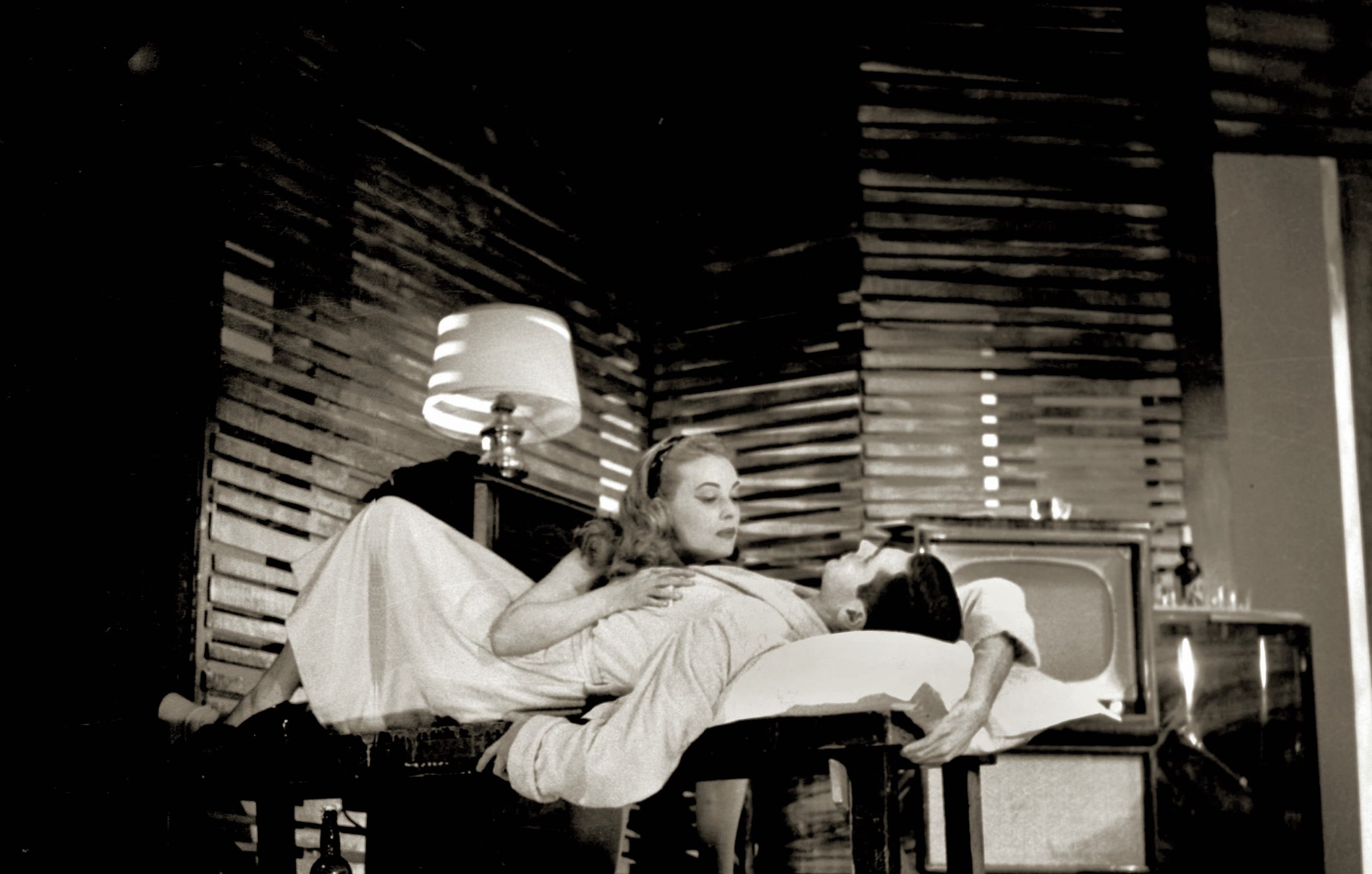
When around 1939 Thomas Lanier Williams III took the nickname ‘Tennessee’, he was effectively declaring that he was a son of the American South — warts and all. This impoverished, unglamorous state had been a fervent upholder of the slave-owning confederacy in the American Civil War, and was the birthplace of Williams’ father —a violent, drunken womaniser married to a prim, genteel wife. The dynamics of this unhappy relationship and its effect on the children are reflected in many of Williams’ plays and his copious (but neglected) fiction. His beloved sister, Rose, suffered even more from their toxic upbringing, and spent most of her life in mental health institutions, always supported by her devoted brother. He was shaped by the South’s values and traditions, even though he was at odds with them.
To John Lahr, his most recent biographer, Williams is ‘the most autobiographical of American playwrights’, a man ‘irrevocably divided’ whose use of his own conflicts in his art was a form of ‘self-cannibalisation’ (Lahr 2014, Ch. 1). Williams was gay in an era when this was socially and legally taboo, and inevitably this was a source of stress. His most enduring relationship, with Frank Merlo, coincided with the greatest period of his artistic career (1948–63). It ended with Merlo’s death, after which Williams became increasingly dependent on drugs and alcohol. He referred to the 1960s as his ‘stoned age’ but he was not to die until 1983, aged 72.
Your organisation does not have access to this article.
Sign up today to give your students the edge they need to achieve their best grades with subject expertise
Subscribe




